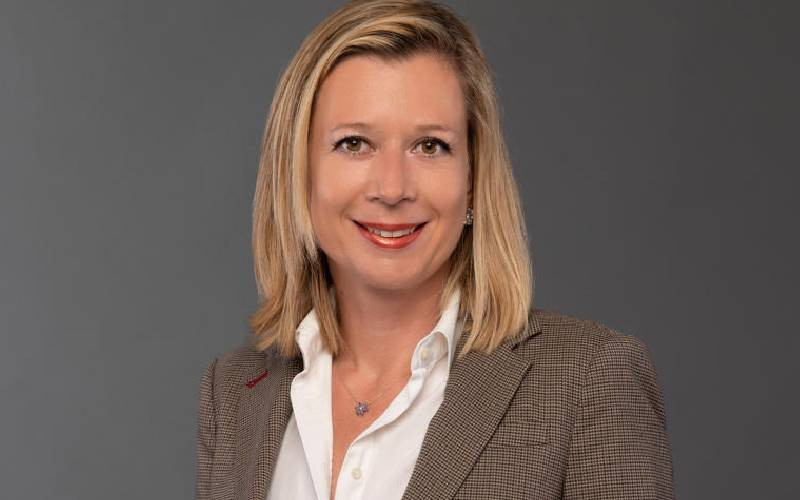×
The Standard e-Paper
Kenya’s Boldest Voice

Over the years, Austria has positioned itself as one of Kenya's key trading partners.
This has been buoyed by the strategic geographical locations and economic influence of both countries - Austria being at the heart of Europe and Kenya serving as a gateway to the East African region.